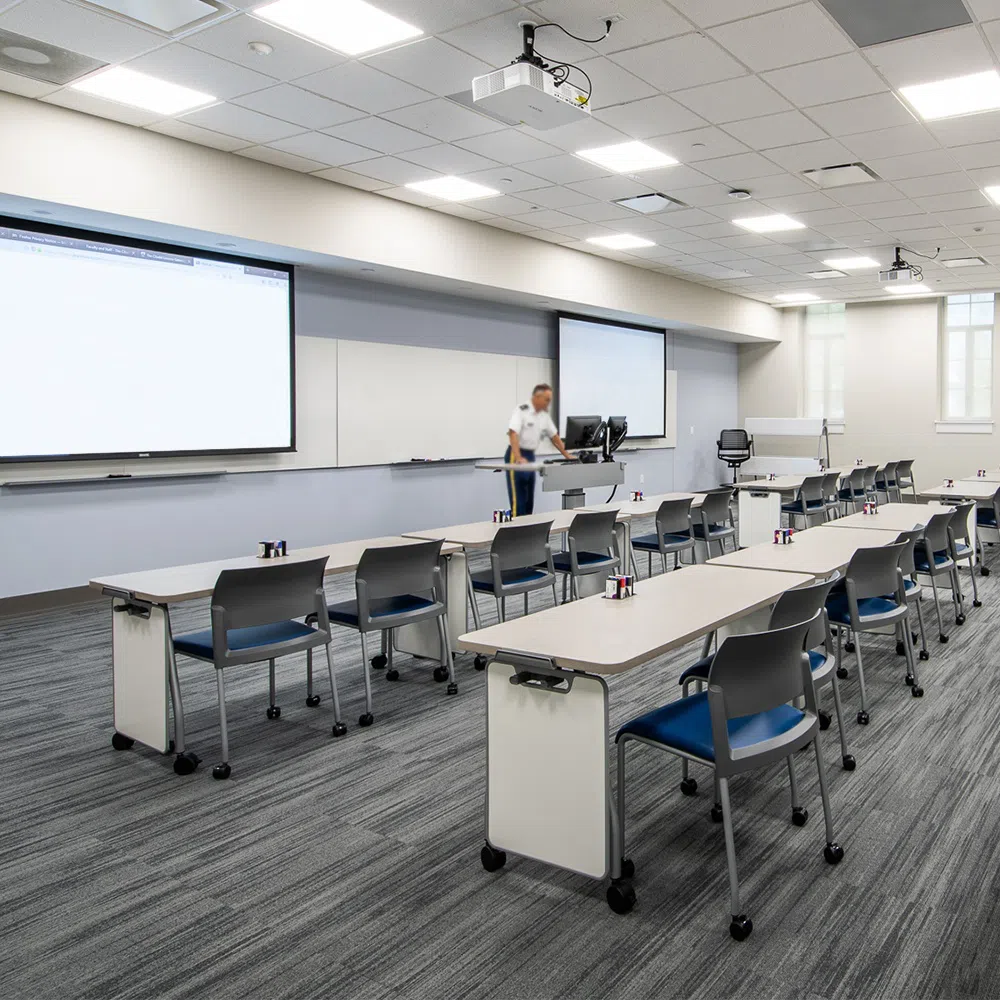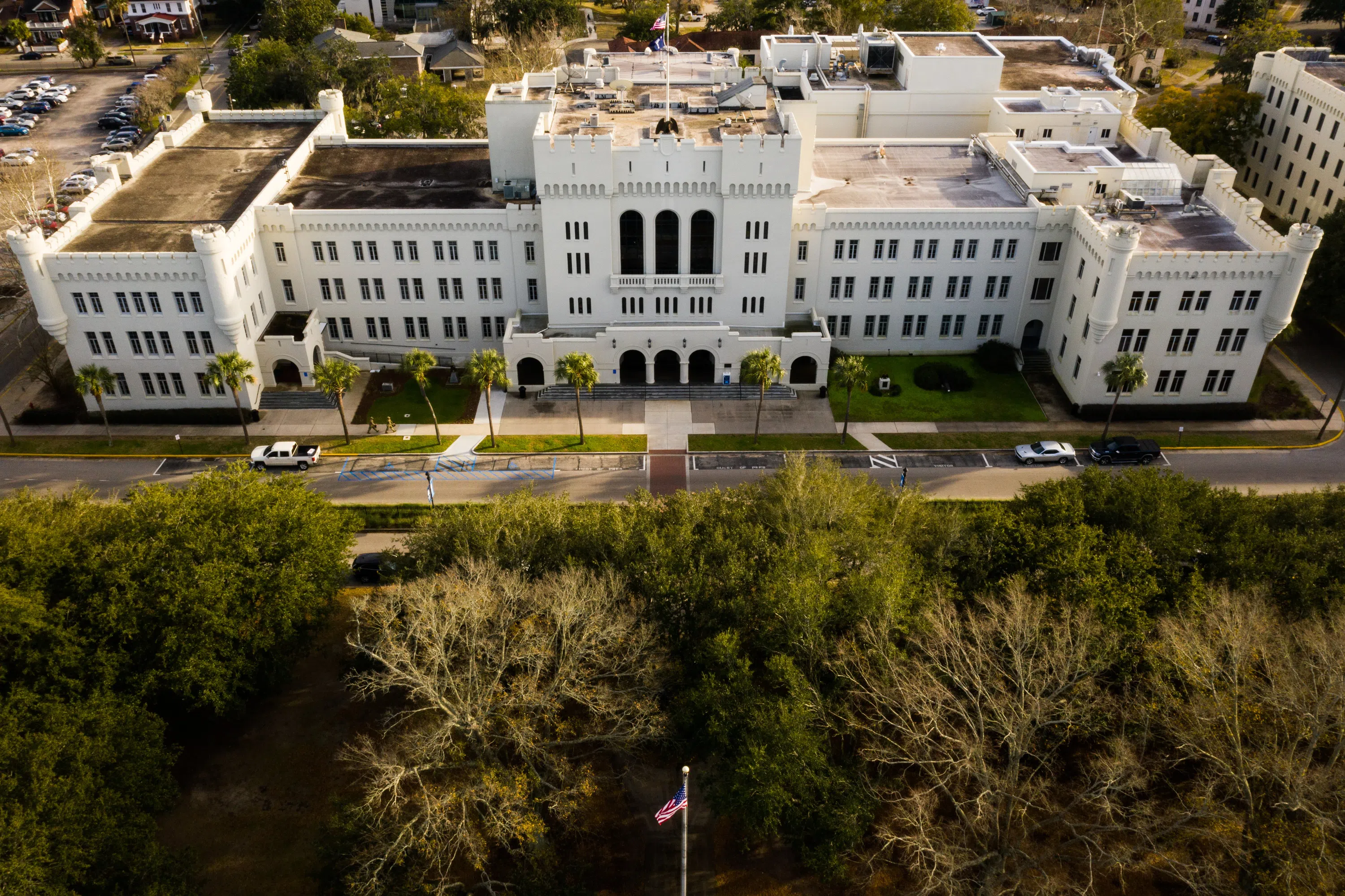Media Gallery
Honors Program
Administrative Services
Public Safety
Office of Admissions
General Education Program
🌟 Honors Program
The Honors Program is designed to provide an exceptionally broad background of cultural knowledge and learning skills that students can then apply to their chosen areas of academic specialization. Most of the Honors Program curriculum will come in courses designed to be taken in lieu of General Education requirements by completing Strand courses designated as Honors. The Honors General Education courses will not follow a single strand but will be offered across all Strands
The motivation behind the Honors curriculum is to create an environment of learning in which students' independent intellectual habits are further developed. The patterns and processes of intellectual and scholarly inquiry will be taught, not merely the results of other people's having conducted that inquiry. Many honors courses will have a tutorial component; students will meet individually of in small groups with their instructors to discuss and develop ongoing writing, research, and laboratory projects.
The motivation behind the Honors curriculum is to create an environment of learning in which students' independent intellectual habits are further developed. The patterns and processes of intellectual and scholarly inquiry will be taught, not merely the results of other people's having conducted that inquiry. Many honors courses will have a tutorial component; students will meet individually of in small groups with their instructors to discuss and develop ongoing writing, research, and laboratory projects.
Admission
In addition to securing admission to The Citadel, interested students must apply separately for admissions to the Honors Program. Formal essays, recommendation letters, and personal interviews at minimum are required as part of the application process. The Honors Director will evaluate all applications and select participants based upon the strength of the student's application, evaluating previous academic performance, class rank, personal interview, essay responses, recommendation letters, extracurricular activities, leadership potential, and intellectual and academic promise.
Selections are made on a rolling basis; early applications are strongly encouraged. Interested high school students should apply early during their senior year, no later than October 1st in order to be fully considered for selection and scholarships.
Selections are made on a rolling basis; early applications are strongly encouraged. Interested high school students should apply early during their senior year, no later than October 1st in order to be fully considered for selection and scholarships.
💲 Administrative Services
The Office of Financial Aid and Scholarships team can help you evaluate your costs and connect you with resources that meet your unique financial needs. Your high school academics are one path to tuition-lowering scholarships and grants. Another is your need-based qualification for financial aid. Paying for college should not hinder you from receiving a quality education, and The Citadel understands that. 83% of students receive some type of financial aid, with the average aid package for enrolled cadet students being $22,910.
⭐ Public Safety
The Public Safety main office is located just inside Lesesne Gate. The Citadel has full-time campus security who patrol the campus and surrounding area at all times. State constables with statewide jurisdiction provide protection for faculty, staff and students.
Our Bulldog Alert System calls, leaves voicemails, and sends text messages and emails about campus emergencies to all students, faculty, and staff.
The building also houses the campus Lost and Found.
Our Bulldog Alert System calls, leaves voicemails, and sends text messages and emails about campus emergencies to all students, faculty, and staff.
The building also houses the campus Lost and Found.
📄 Office of Admissions
The Citadel will determine if the student meets the requirements through a thorough evaluation of each applicant. This includes an applicant’s character, maturity, motivation, readiness for college, amenability to a regimented lifestyle, emotional stability, and potential to contribute. Where any one of these factors is in question, the college may obtain additional information using interviews with the applicant and/or the applicant’s parents or other persons who know the candidate.
The Citadel may request that the applicant submits a written report on goals in life, reasons for choosing The Citadel, or reasons for choosing a particular major field of study. This process is to ensure that the applicant is the right candidate for The Citadel. For specific cadet requirements, visit our website.
The Citadel may request that the applicant submits a written report on goals in life, reasons for choosing The Citadel, or reasons for choosing a particular major field of study. This process is to ensure that the applicant is the right candidate for The Citadel. For specific cadet requirements, visit our website.
Physical Standards
All incoming cadets must also meet physical standards similar to those required by the U.S. military (see Fitness Standards here).
📘 General Education Program
Students begin the General Education program in their first year and continue to take General Education classes throughout their college careers. The Curriculum has been designed to offer both progressively challenging standards and a significant amount of choice.
The program promotes students' intellectual development by affording them coursework in the fundamental academic disciplines of mathematics, natural science, literature, history, and social sciences. It also develops students' skills and dispositions in six essential areas: quantitative literacy, written communication, critical thinking, inquiry and analysis, intercultural knowledge and competence, and ethical reasoning and action.
The program promotes students' intellectual development by affording them coursework in the fundamental academic disciplines of mathematics, natural science, literature, history, and social sciences. It also develops students' skills and dispositions in six essential areas: quantitative literacy, written communication, critical thinking, inquiry and analysis, intercultural knowledge and competence, and ethical reasoning and action.


